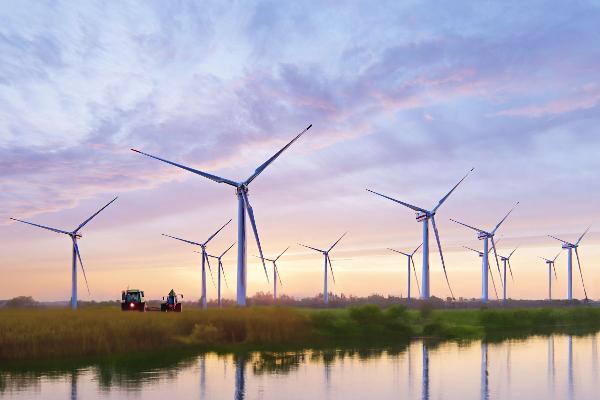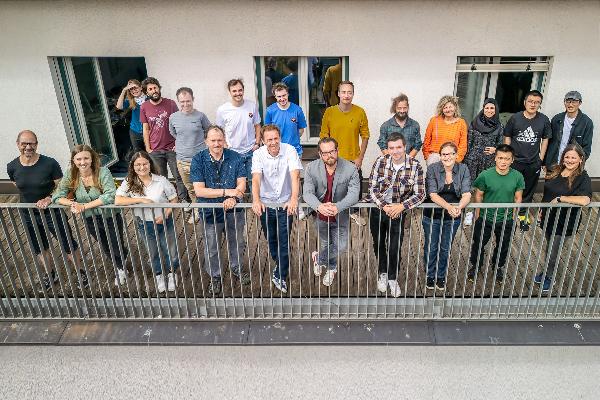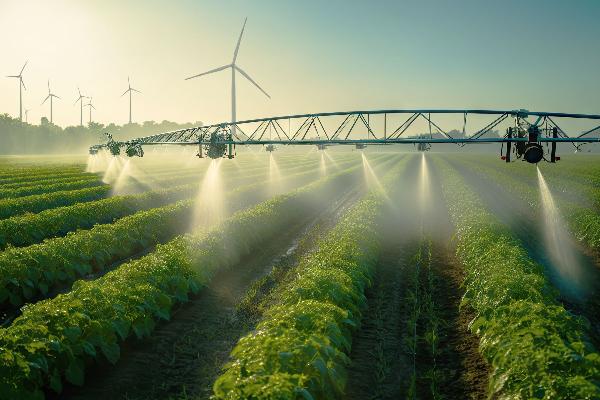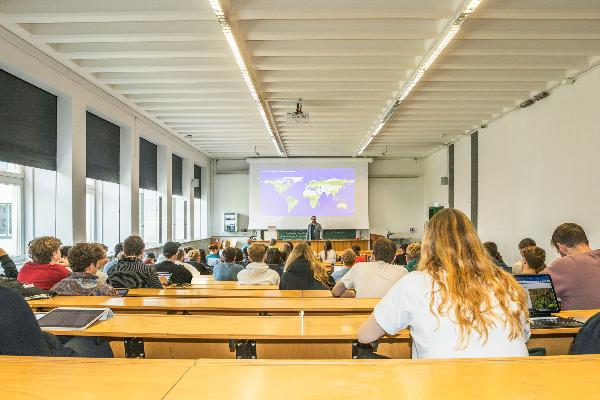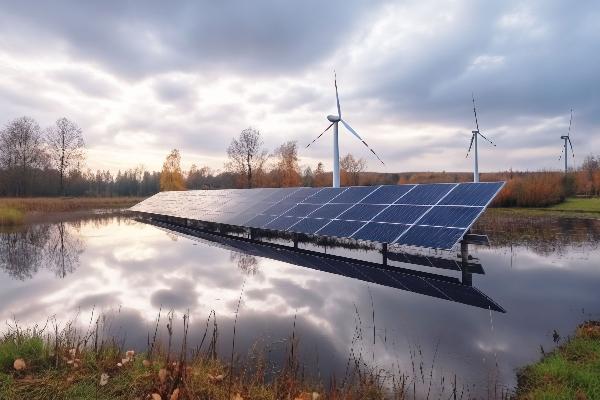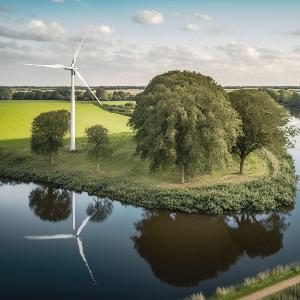
Physical Geography and Nexus Research
We investigate complex environmental systems with regard to causes, effects and the management of global change processes.
Working groups
Chair of Physical Geography and Nexus Research
The Chair of Physical Geography and Nexus Research under Prof. Dr. Marianela Fader investigates the relationships and interdependencies of four systems or components: Water, food, energy and nature on a global scale.
Working Group for Physical Geography and Remote Sensing
The Physical Geography and Environmental Remote Sensing working group lead by Prof. Dr. Lukas Lehnert conducts research into environmental applications of remote sensing systems at various scales. A special focus is on drylands.
Working Group for Physical Geography and Environmental Modeling
The Physical Geography and Environmental Modelling working group lead by Prof. Dr. Ralf Ludwig deals with the modeling of hydrological systems and climate ensembles. The modeling is supported by globally distributed measurement networks.
Working Group for Hyperspectral Remote Sensing
The Hyperspectral Remote Sensing and Process Modeling group led by Prof. Dr. Tobias Hank develops spectroscopic evaluation methods for quantifying the spatial and temporal dynamics of Earth surface variables.
News & Events
-
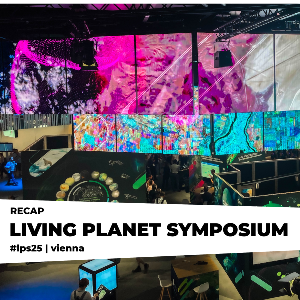 We were at ESA's Living Planet Symposium in Vienna!
We were at ESA's Living Planet Symposium in Vienna!The focus was on how we can use remote sensing for improving climate action and sustainability.
-
 Mapping Munich's Hot Spots
Mapping Munich's Hot SpotsThe city's garbage trucks are not only collecting waste, but also detailed meteorological data.
-
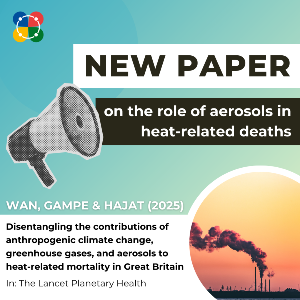 New Paper: The role of aerosols on heat-related deaths
New Paper: The role of aerosols on heat-related deathsDr. David Gampe has co-authored the new study in The Lancet Planetary Health.

